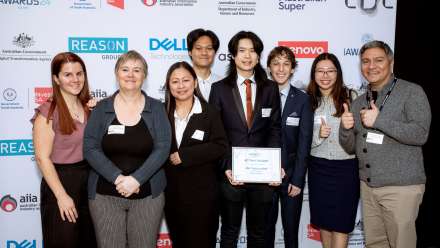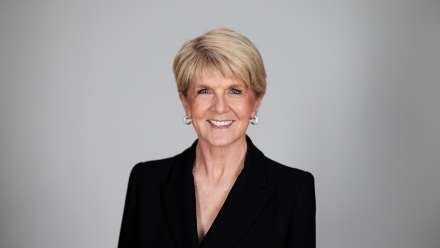More than mice: what it's really like to be a university vet
The Australian National University (ANU) Veterinary Services Team champions the care and wellbeing of a range of animals to support research and teaching.
From catching quolls and bettongs at Mulligan's Flat at 3am to taste aversion therapy for foxes, the team is on-call 24/7 and their work extends way beyond lab mice.
The three ANU vets, Dr Justin Clarke, Dr Zoe Thomas and Dr Jess McLeod, sit as part of the broader ethics team within Research and Innovation Services (RIS) and prioritise the care and well-being of not only the University's many thousands of lab mice but also species including rats, lizards and skinks, sulphur-crested cockatoos, frogs and snakes.
The vets mainly work with researchers from the Research School of Biology, the Fenner School of Environment & Society and the John Curtin School of Medical Research (JCSMR) and the team is overseen by the Animal Ethics committee.
"We provide veterinary oversight and support, taking care of all ANU research animals used in research and teaching, both on and off campus," says senior vet, Dr Clarke.
The off-campus activities have been particularly exciting of late. With volunteers releasing endangered and threatened species at Mullligan's Flat, the vets have donned their head torches to join them in the middle of the night.
"Our role is general monitoring, support and oversight, checking facilities and equipment, making suggestions if necessary, and generally lending a hand," says Dr McLeod.
"There are so many interesting things happening across the university. We find it all fascinating, though lot of the pure science goes over my head!"
Another major part of the university vet role is justifying whether the research needs to be done on animals at all.
"We need to ensure that everything is being done ethically," says Dr Clarke.
"But of course, concessions must be made. Sometimes research involves making animals unwell on purpose, so we try to minimise their pain and suffering, to find better techniques, and make sure that it's all justified before the work even starts.
"The researchers must show that there will be a benefit to society, to animal health or human health, and we review the applications from investigators as they come in."
Dr Clarke says the team sees their role as overseeing and protecting animal health and welfare, but that they also want to help ANU researchers break new ground.
"Many people don't know our team exists and that there are so many ways we can value add," says Dr McLeod.
"If researchers want to get more ambitious with their projects, we can help. We're the pioneers of working things out. If they want to do something new, we're the ones to ask and we're good at improvising!"
Dr Clarke says he finds the role incredibly rewarding.
"We're involved in everything from training and helping researchers in the field to overseeing and reporting back on the legitimacy of the research and techniques being used - and coming up with alternatives if not," he says.
"We look after animal welfare, our students, contribute to new knowledge and have fun along the way. I enjoyed being a clinical vet, but working as a university vet is my contribution to new knowledge.
"And I love taking care of the animals. Happy animals lead to good science."


